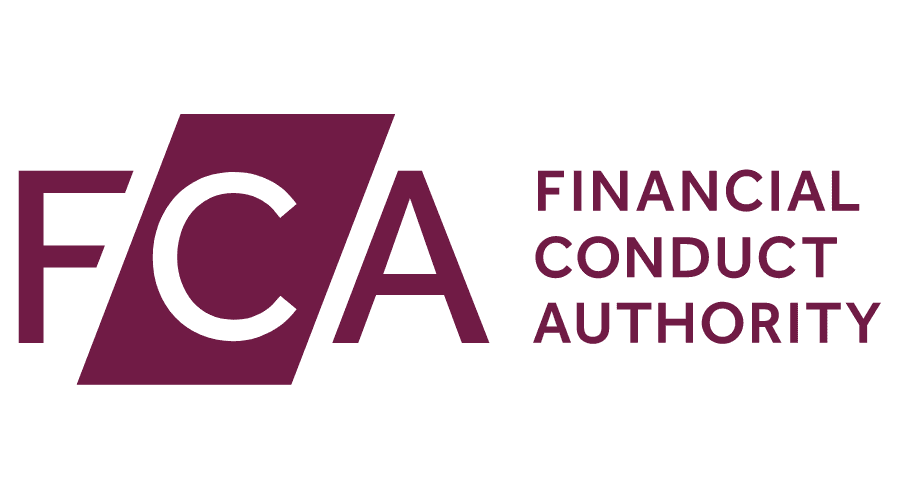Virgin Money’s FTSE All-Share tracker used to be the poster child of scandalous fees when it charged over 1%, however, revelations last week show there are a number of index funds damaging the reputation of passives this side of the pond.
Last week,ETF Streamfound UK banks are still charging clients over 1% for FTSE 100 index funds, strategies that should be charging below 0.10% at least in this day and age.
The culprits are the $1.6bn Halifax UK FTSE 100 Index Tracking Fund C and the $90m Formerly Lloyds TSB FTSE 100 Tracker Pension Fund which charge respective fees as much as 1.07% and 1%, with the latter currently carrying a bid-ask spread of 5%.
This is in stark contrast to the $14bn iShares Core FTSE 100 UCITS ETF (ISF), for example, which launched in 2000 and now charges just 0.07% for the same exposure.
While the index funds are legacy strategies from the late 1990s/early 2000s, there is no excuse for the lack of downward movement in fees.
It is surprising the Financial Conduct Authority (FCA) has not taken a tougher stance on these trackers given its focus on ensuring the wider asset management industry is offering “value for money” at all times.
In 2018, following its Asset Management Market Study, the FCA announced £34m had been paid to customers by asset managers which the UK watchdog considered had been engaging in so-called “closet tracking” or “index hugging”.
Added to this, it claimed there are around £109bn assets in active funds that closely mirror the market but continue to charge higher fees.
However, it must be passives leading the way – which the majority are – so any index fund that charges over 1% for a simple exposure such as the FTSE 100 is having a significant impact on the industry’s reputation.
The other big challenge facing ETFs across Europe from a fee perspective is around retrocession models that still exist across many countries including Italy and Spain.
As Andrea Murray, head of business development at Blackwater Search & Advisory, said: “ETFs are sold to retail investors via banks who control most of the ETF distribution but are motivated to sell higher-paying retrocession-based products. Since this commission is the main driver, passive funds, have been neglected by banks unwilling to market low-fee products.”
Addressing high fees and the retrocession model should be high priorities for European regulators if they want to ensure investors are receiving the best “value for money”.
Related articles




